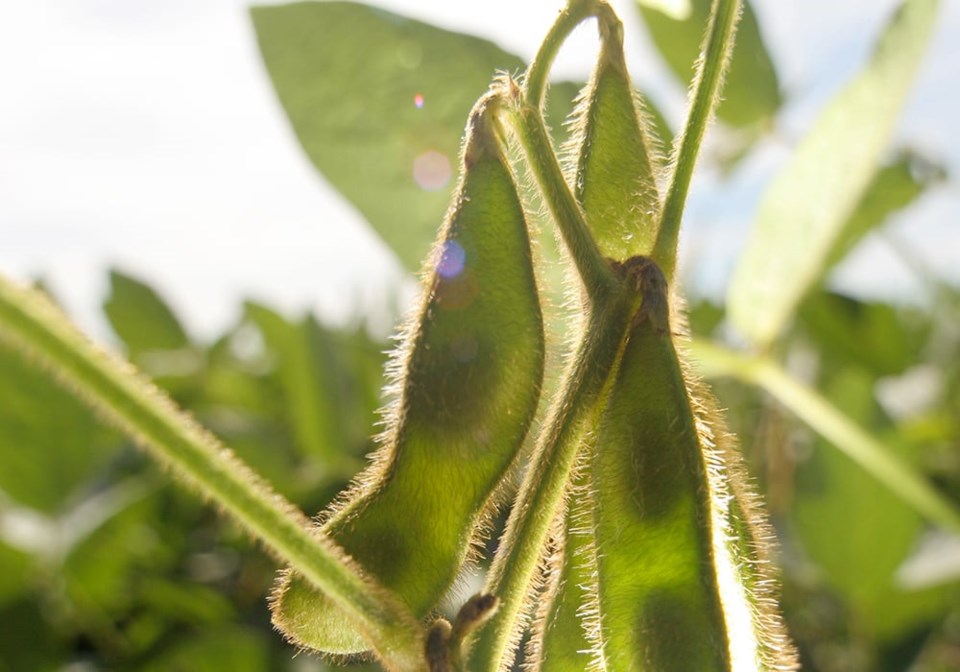WESTERN PRODUCER — China is getting close to commercially producing a variety of genetically modified crops and that is good news for Canadian growers, says an industry official.
China’s Ministry of Agriculture and Rural Affairs .
The approvals are to address .
“We had always been getting approvals for us to export to them, but they were never approving anything for growth in China,” said Ian Affleck, vice-president of plant biotechnology with CropLife Canada.
That has changed big-time.
His contacts in China tell him they expect GM corn and soybean uptake to be at North American levels of adoption within five years, which would be in the 90 to 95 percent range.
“As things do in China, when they move, they move,” he said.
Large-scale trials of GM corn and soybeans were conducted in 20 counties in five provinces in 2023.
China has also approved GM cotton, tomato, sweet pepper, petunia, poplar and papaya for local cultivation. But only papaya and cotton are in commercial production today.
There has been no approval of GM canola traits.
Some people have expressed concern that China’s yields will increase as it starts to grow GM crops and that will decrease the need for imports in the world’s largest grains and oilseeds market.
But Affleck views it as a positive development.
“It has some real benefits for us because as they normalize the production of (GM crops) domestically, their approval system is getting more predictable and expedient,” he said.
That means Canadian growers should be able to get their hands on new technologies far faster than they have in the past.
The last canola trait approved by China was Corteva Agriscience’s Optimum GLY trait that languished in China’s approval system for 11 years.
Approval timelines have been “shrinking dramatically” recently, taking about half that time.
Krista Thomas, vice-president of seed innovation and trade policy with the Canada Grains Council, agrees with Affleck’s assessment.
“Getting faster access to new innovations is going to be a good thing,” she said.
Thomas is not concerned about China’s adoption of GM crops leading to reduced imports because demand drivers in that country remain strong.
“Even if they improve their productivity, it’s not going to put a big dent in that,” she said.
“Overall, it’s a good thing and it could lead to faster access to innovation for Canadian farmers.”
Affleck said it looks like Chinese regulators may have three approval meetings in 2023, which is a big improvement over the one or two annual meetings they have had in the past.
“We’ve never seen three approval meetings in the 20 years I’ve been on this file,” he said.
Another big benefit is that countries like Canada and the United States will have a powerful new ally when it comes to advocating for GM crops in the global trading arena.
And it should help when it comes to bilateral trade with China.
“It changes the conversation between Canada and China significantly,” he said.
Affleck noted that China’s approval system differs from Canada. In Canada, regulators approve traits that may be used in hundreds of varieties. In China, they approve each individual variety.
So the 37 corn varieties that were recently approved may all contain the same herbicide tolerant trait.
Contact [email protected]
Bookmark SASKTODAY.ca, Saskatchewan's home page, at this link.




